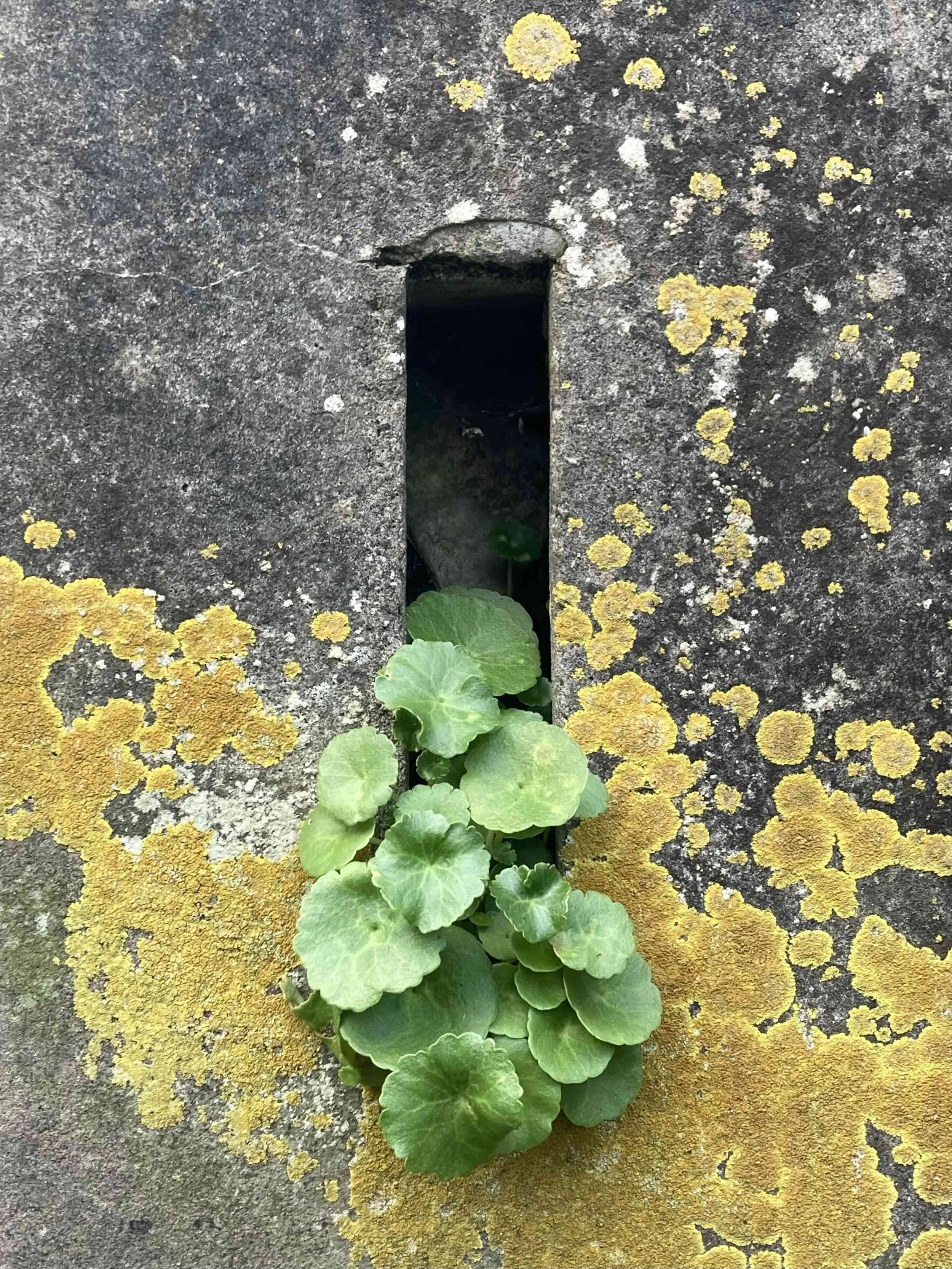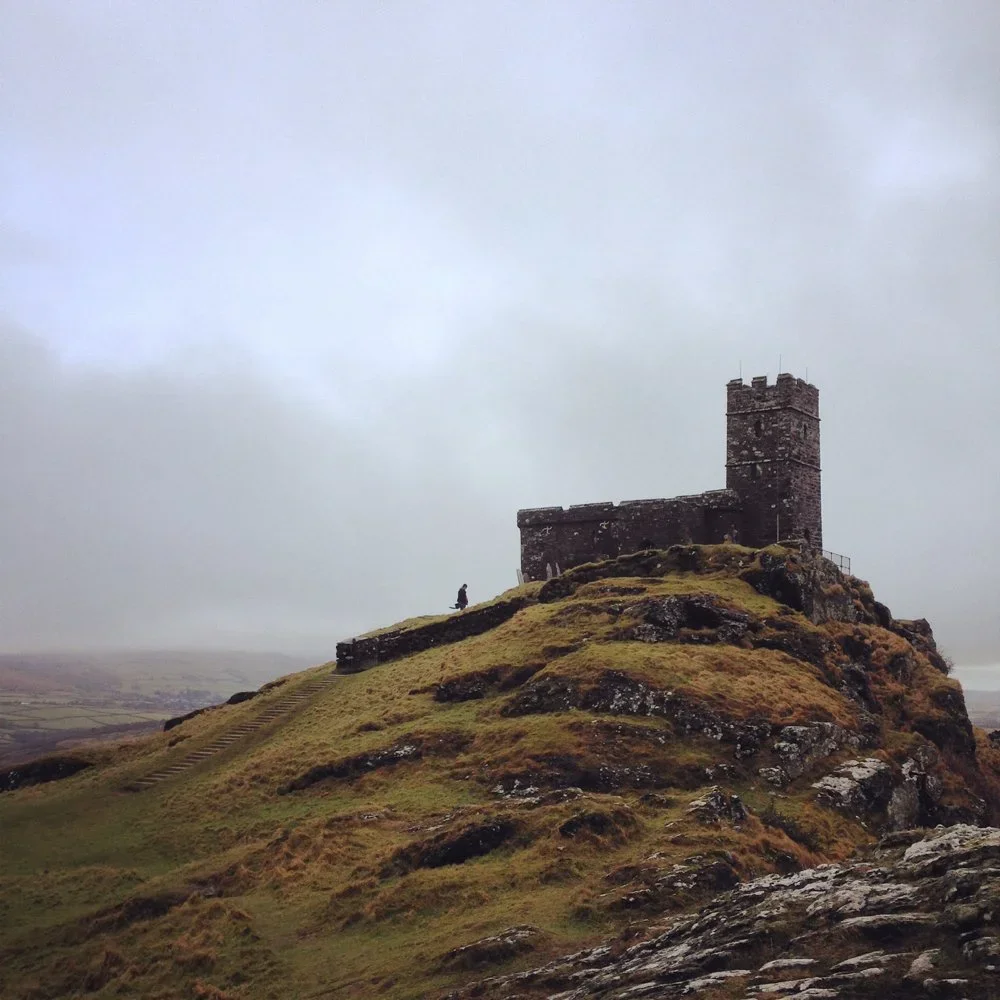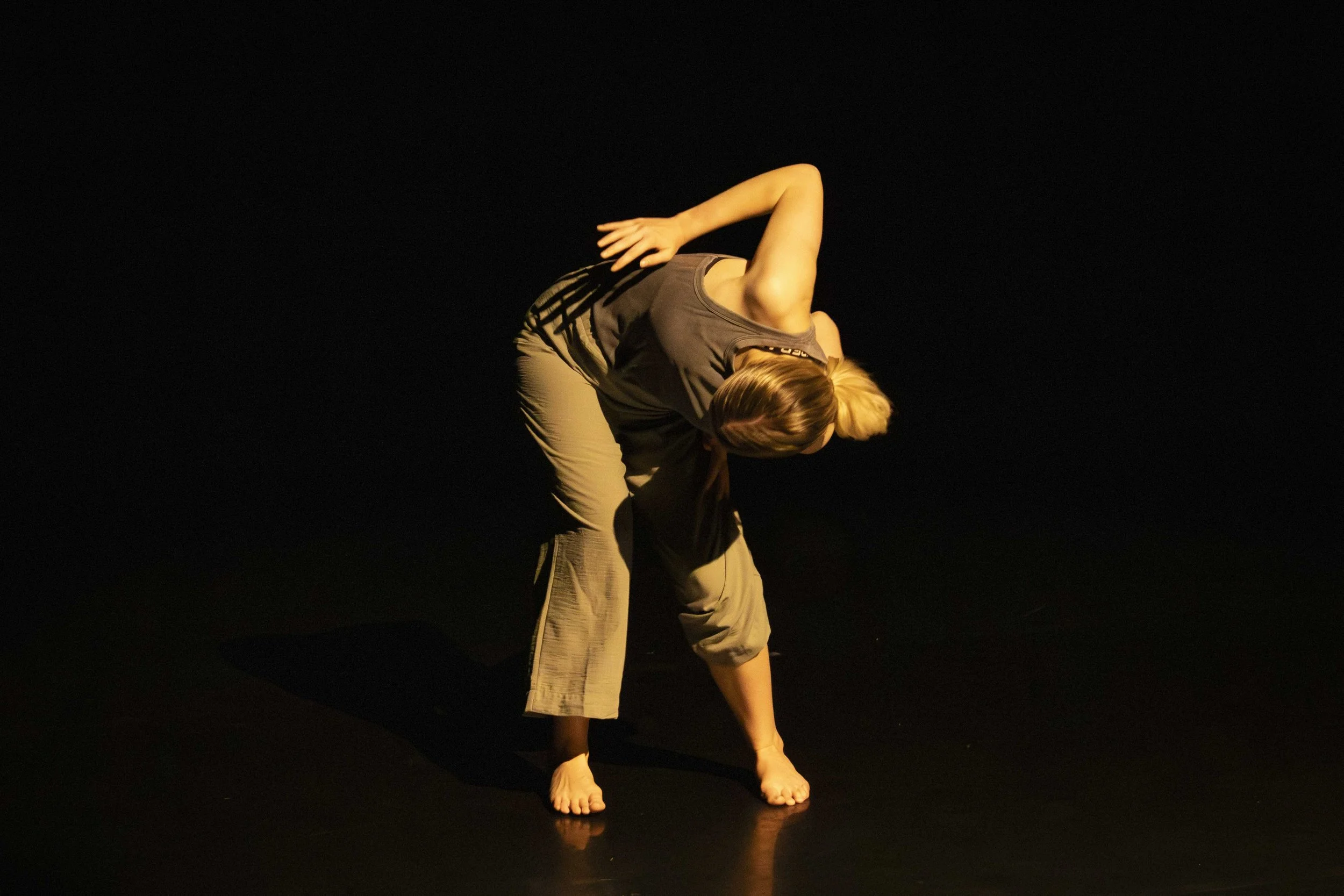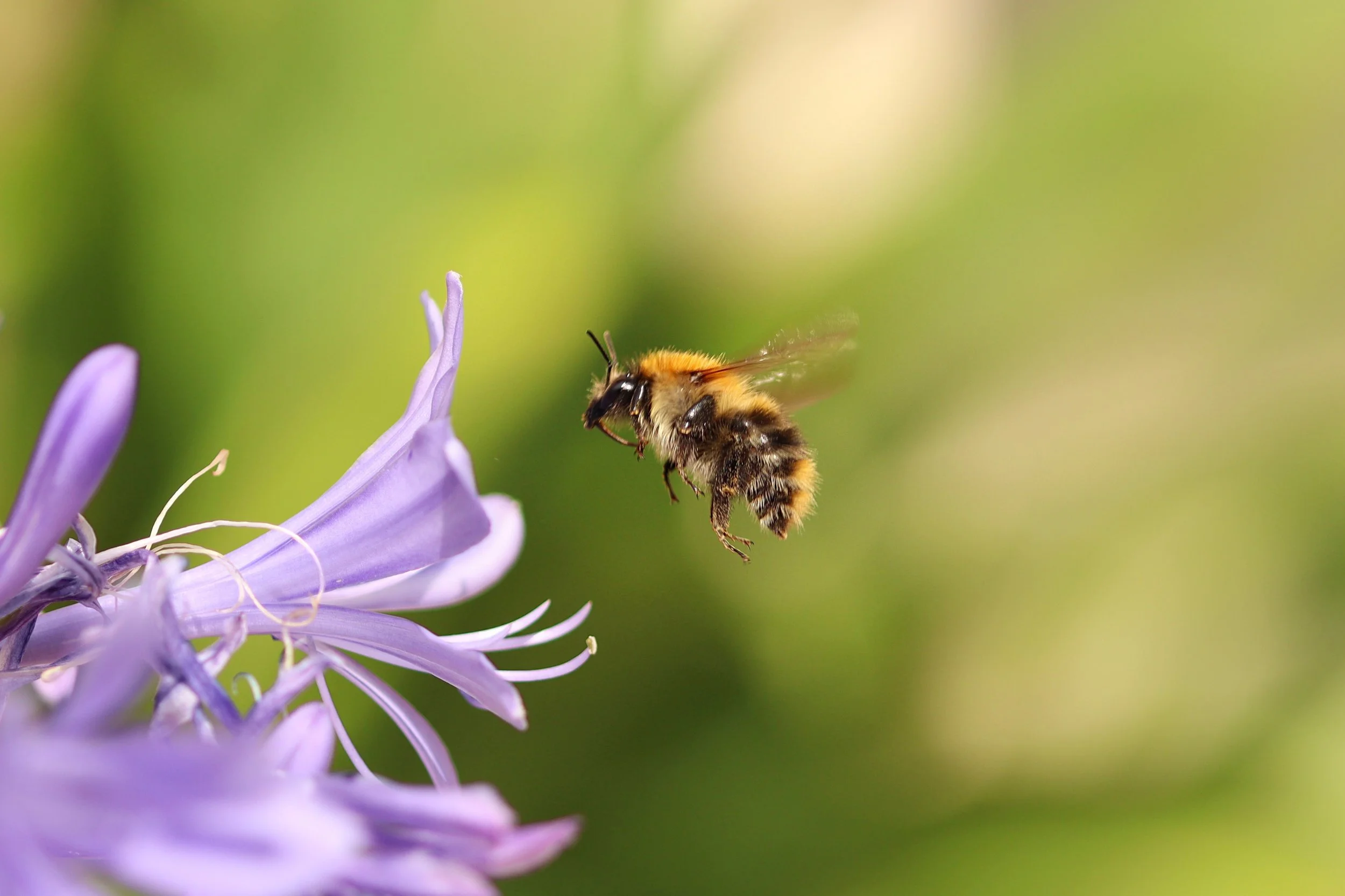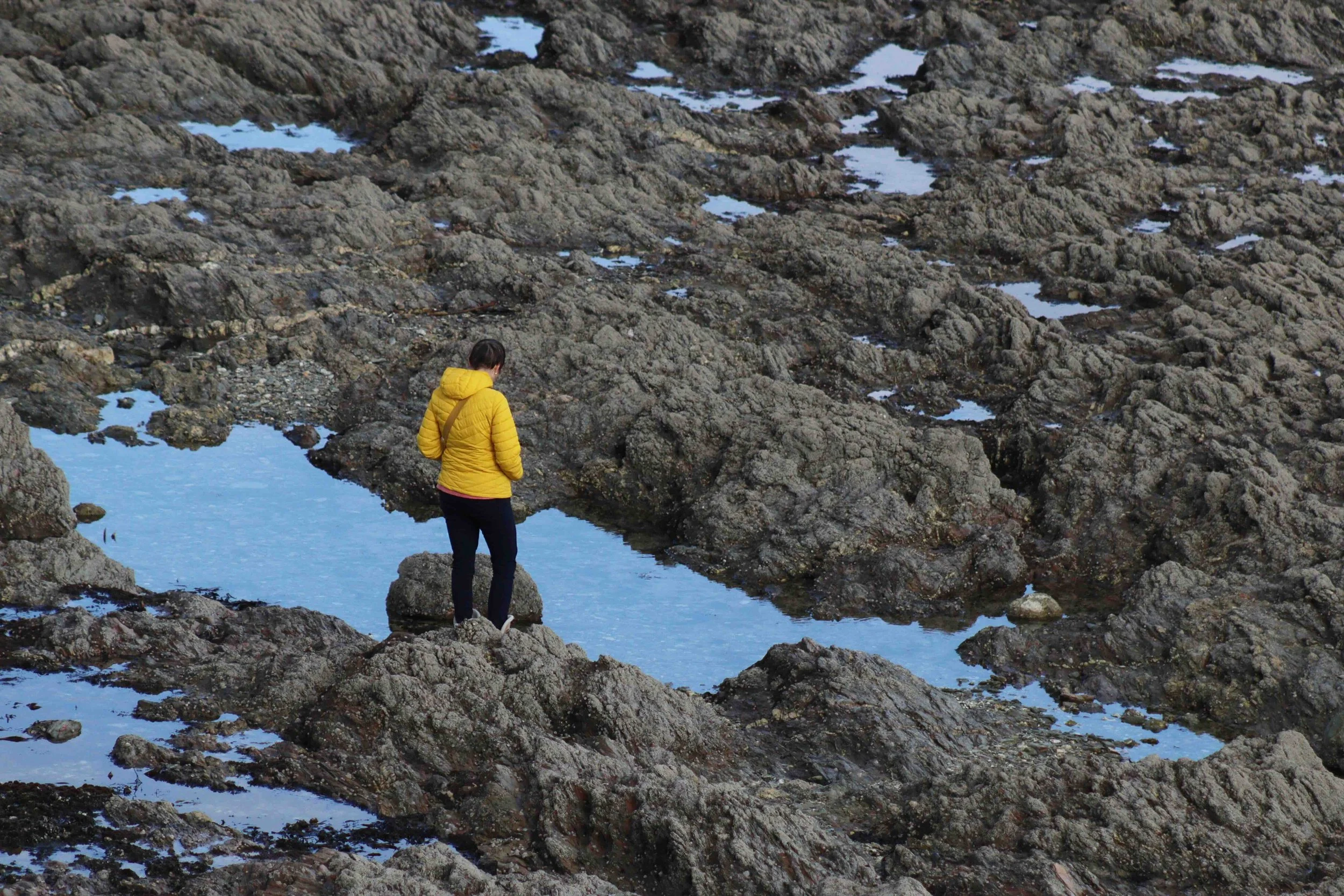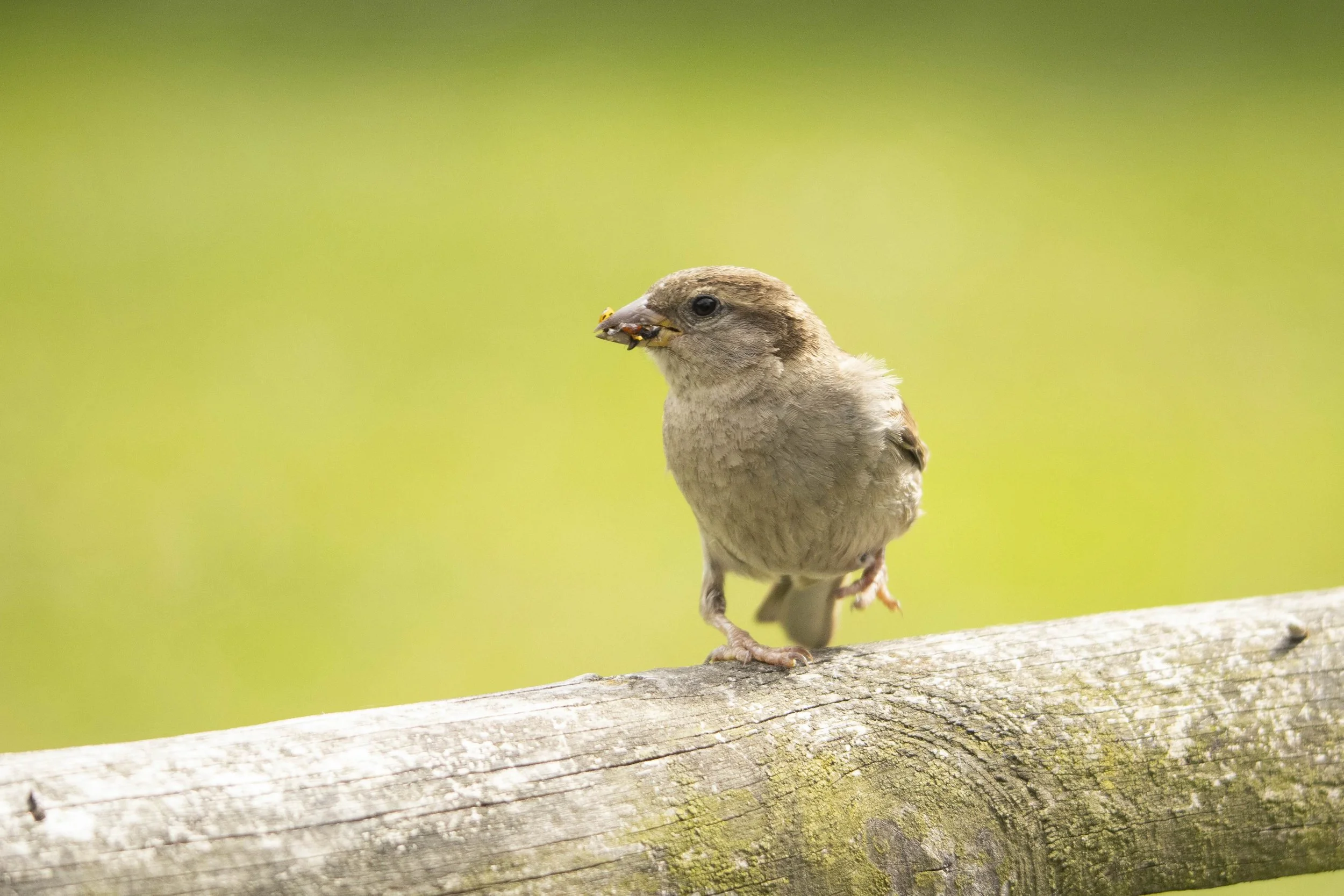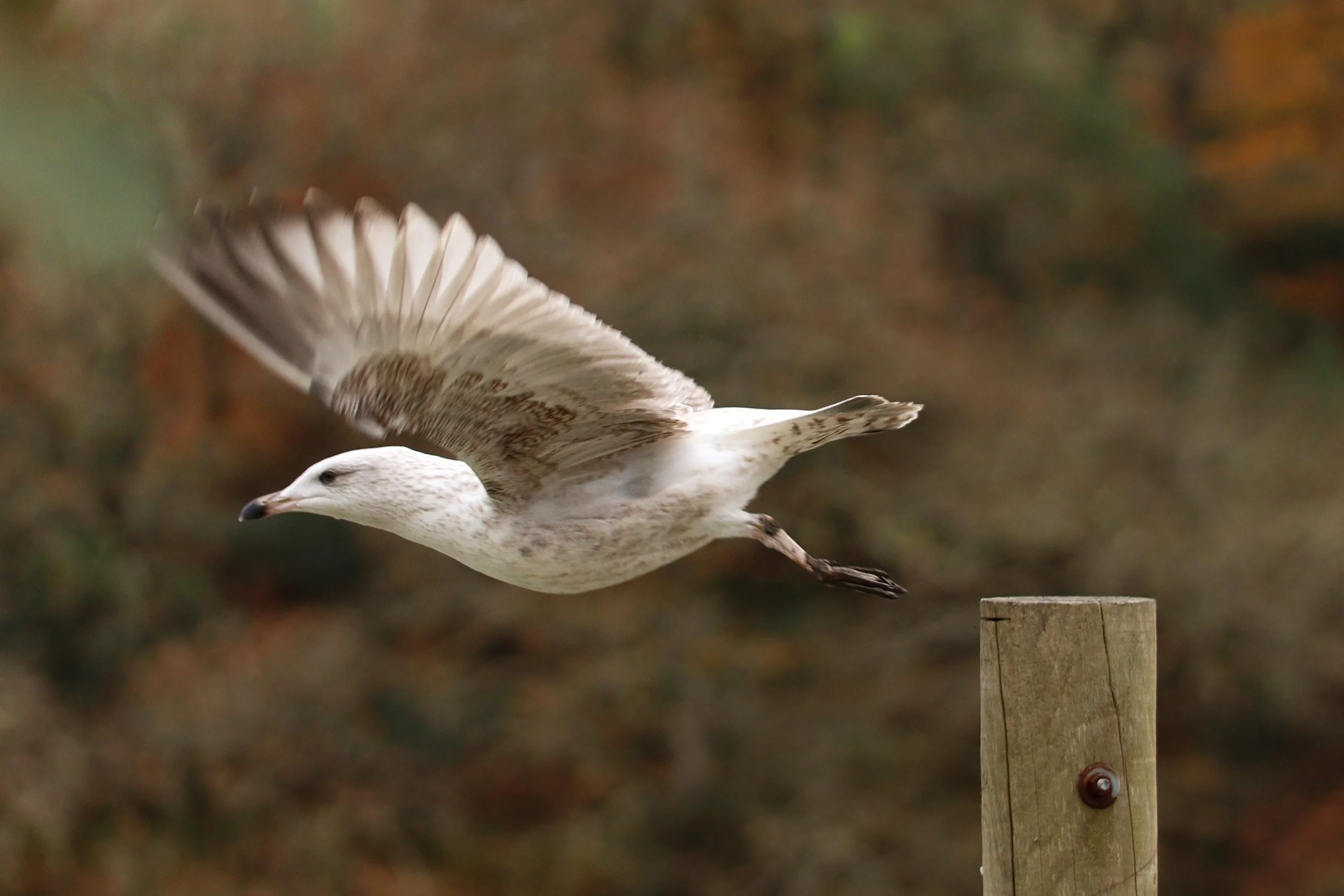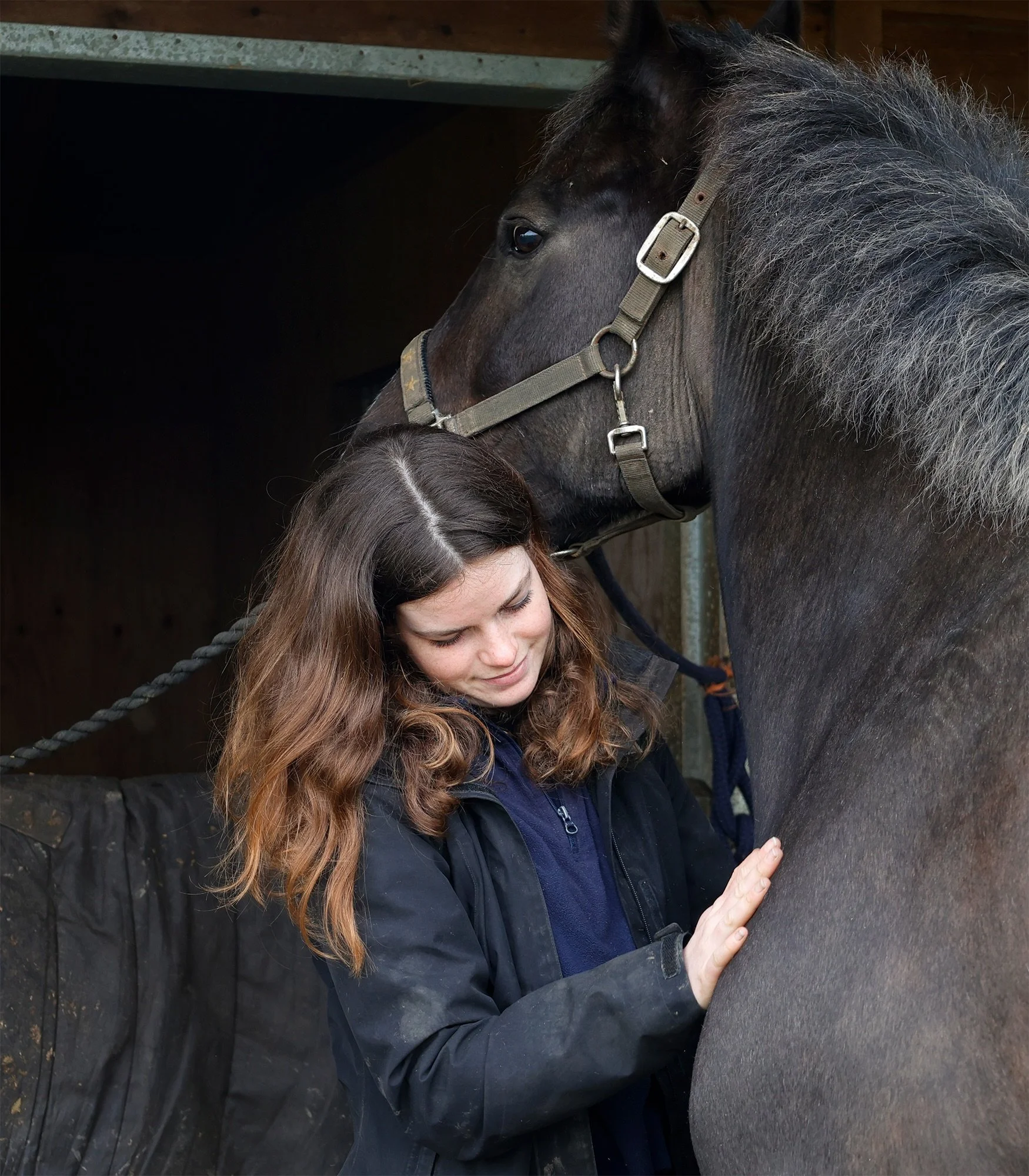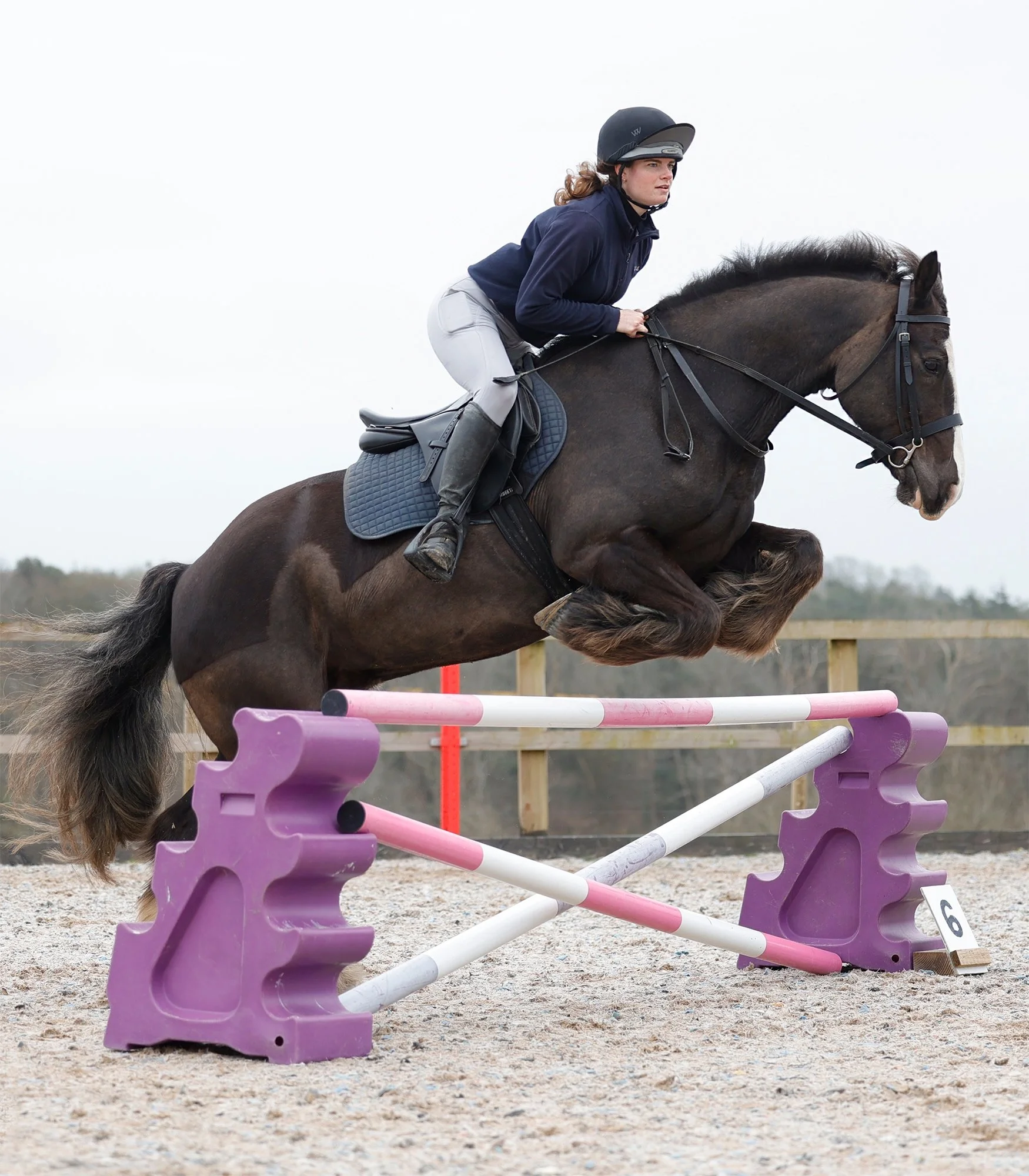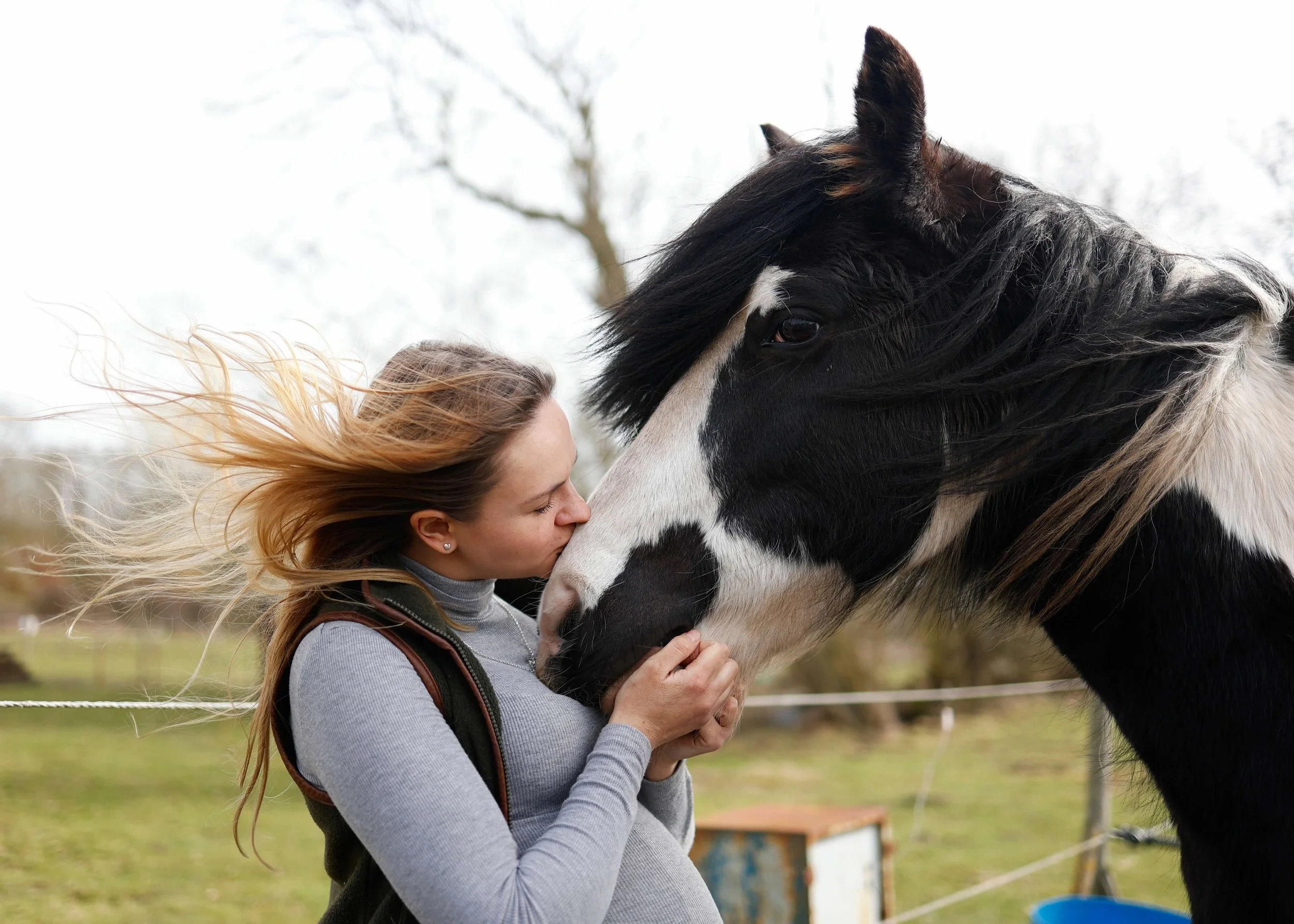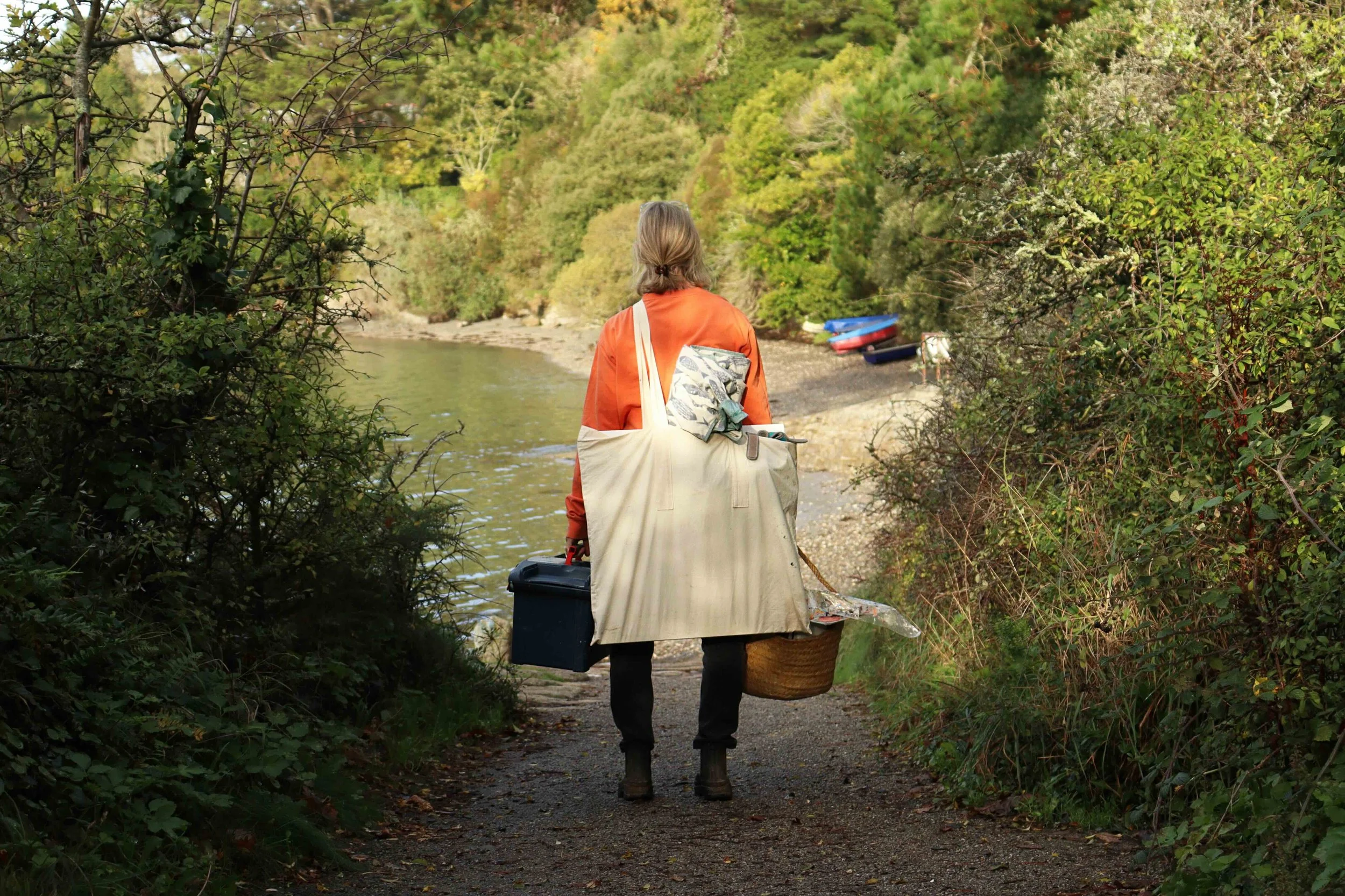10 things I learned while studying photography
It’s been a little over a year since I graduated, and I thought it would be a good time to reflect on some of the things I took away from university. For those who don’t know, I studied Marine and Natural History Photography at Falmouth. It was one of the best decisions I have ever made to study in Cornwall, not just because I love the beach (or because I wanted to move as far away as possible, despite what my parents say) but because I found a second home and met some incredible people. In this post, I’ve attempted to summarise my top ten takeaways (no, I don’t mean Dominos) from the three years.
10 - You don’t need flashy (excuse the pun) equipment to take a good photo
I’m starting with this one as I think it’s relevant to anyone with an interest in photography. It’s easy to get caught up in the latest product trends and feel like you need to spend lots of money to keep up with other photographers, but you don’t need a fancy camera with all the bells and whistles to take great photos. I started out by taking photos on my Mum’s phone, and whilst I probably wouldn’t make any money from these photos, it did help me develop a basic understanding of subject and composition.
In my first year of university, we did these weekly photo challenges - one of which was to take a photo using a phone. It was refreshing to go back to basics and focus on what we were photographing rather than how we photographed it. This is just an old concrete wall I passed on my way to campus each day.
9 - Take as many photos as you can, then take more
I think this one is fairly well-known, even by non-photographers. A good proportion of being a photographer is going through hundreds, maybe even thousands, of photos and discarding the ones that don’t make the cut. This doesn’t mean closing your eyes, holding down the shutter and hoping for the best. But, the more photos you take, the more chance you have of capturing something special. If you’re using a DSLR or mirrorless camera, continuous shooting is great for this.
In our last few months at Falmouth, I was fortunate enough to photograph some of the final performances by the Dance and Choreography graduates. Each show was so technically and artistically unique that every moment was worth capturing.
8 – Patience is a virtue
It seemed fitting to include this seeing as I studied wildlife photography and a huge part of capturing wildlife is simply waiting patiently - or not so patiently, if you’re me. I’ve never been very good at sitting still, but I often find myself practicing patience in photography without thinking. Whether you’re waiting for a bird to fly into shot or the sun to rise over a landscape, patience can be the difference between a decent photo and a great photo. We weren’t specifically taught this on our course, but it was a recurring theme throughout our studies.
This photo took many failed attempts and questionable patience, but turned out to be one of my favourite images to date. It shows how, as much as you need to be as patient with your subject, you also need to be patient with yourself.
7 – Viewpoint is everything
This can be interpreted in a few ways. On the one hand, anything creative is subjective, and it’s important to value your work based on your own goals and intentions. On the other (more literal) hand, changing up the viewpoint of a photo is an amazing way to bring depth and individuality to an image. In most cases, it’s easy to photograph what you see in front of you, but positioning your camera in a slightly unconventional way could result in a completely different outcome. Experimenting with GoPros and drones is a fun way to do this, but don’t be limited by your kit. You can achieve this with any camera.
A woman on Gyllyngvase beach, taken from the Gyllyngvase-Swanpool coast path.
6 – ‘Perfect’ is not everything
As a perfectionist, I still find this one hard to live by. During one of our peer-review sessions in second year, we had to decide on which photos to keep/omit from our projects, and we were all hung up on the technical quality of our photos. At this point, our tutor said something that stuck with me; you shouldn’t discard great photos just because they’re not technically perfect. What really matters is what your photo represents - if it captures an incredible moment, but it’s not 100% sharp, that’s okay.
I nearly discarded this photo because it wasn’t quite in focus, then I realised the wren had a ladybird in its mouth!
5 - Out-of-focus can be a good thing
This feels like a repeat of my last point, but I mean it in more of a creative sense. As photographers, we’re usually aiming for sharp photos, but we don’t have to adhere to this at all times. In one of our final lectures, we were shown a series of images all taken intentionally out-of-focus. The photographers had used ‘blur’ as a tool to create a sense of mystery, fear and even sadness. While it’s not everyone’s cup of tea, it did remind me that photographers are artists too and our photos can represent something more than just a moment in time. I’m yet to experiment with this technique, so I’ve included a couple of links to artists included in the lecture. I have Daro, the head of our course, to thank for this one.
Hengki Lee
María Tudela Bermudez
4 – An amazing photo can happen completely by accident
When I say ‘accident’, I don’t mean you tripped, dropped your camera and became the next Ansel Adams. I just mean, sometimes the best kind of image takes you by surprise. You can put a certain amount of planning into a photo, but there’s always an element of unpredictability. I’m definitely biased as I prefer candid photography and wildlife is as unpredictable as it comes, but there’s something special about a photo that was completely unplanned and real. What I’m saying is, it pays to go with the flow sometimes and don’t feel discouraged if the outcome wasn’t what you imagined.
I was visiting the Cornish Seal Sanctuary one day and decided to photograph a seagull at the top of the hill - as I took the photo, it flew away. The result was unintentional, but far more interesting than a bird perched on a pole.
3 – Less is more
I think this is arguably one of the most valuable lessons you can learn as a photographer, but it often means being ruthless with yourself and your work. I wasn’t quite ready to learn this in sixth form, but I’d like to think I have a better grasp on it now! When deciding on a sequence of photos, you’re not only choosing the photos that represent your story, you’re also choosing the images that demonstrate your technical and artistic ability. It’s so important to put your project first and let go of anything that doesn’t contribute to it (easier said than done when you’re emotionally invested).
In second year, I worked closely with Tilly and her horse, Flint, to capture their incredible relationship as horse and rider. A selection of 500+ images eventually became 10, and these were part of that final sequence.
2 - We are story tellers
It’s easy to get caught up in projects and assignments when you’re studying anything creative, and this can make us lose sight of why we make art in the first place – to tell stories. I’ve fallen into this trap before, making art that fits into a box rather than art I truly care about. This only hinders you creatively and takes the passion out of your work. Thankfully, story telling was at the centre of everything we did at Falmouth, and this pushed me to be more selective with my projects. I think, if you produce work you are passionate about, it is more likely to resonate with people. I put a lot of my energy into equestrian photography in Cornwall, and this resulted in some of my favourite images.
1 - The creative arts are not luxuries
Anyone who attended our graduation should appreciate this one. This is a direct quote from our legendary chancellor, Dawn French. She gave an incredible speech on our graduation day which was as funny as it was inspiring (shout out to my Mum who recorded and transcribed the speech for me).
‘Art teaches us to play and laugh and cry and empathise.’
It’s true. Art is not a luxury - it’s a necessity. I’m writing this for myself more than anything; life gets in the way sometimes, but if you have something to say, then say it. Find the time - or make the time - to express yourself and create art, whether it’s a photograph, a drawing, a song or a dance. It will mean something to someone.
I think it’s only right to include this image of Maxine Hart, who allowed me to document her creative process for one of my projects in second year. I will be doing a separate blog post on this in the future!
So, that’s my ’10 Things’. I wasn’t sure I’d ever get round to writing this blog post, but I hope it’s been useful to some of you. If anything, it’s been an exercise in reflection for me. I feel extremely grateful looking back on my time at university – the place, the experiences, the people. I’d urge anyone given the opportunity to go to make the most of it. Of course, choosing the right course for you (and somewhere with a beach) helps as well.
Thank you for reading, I’ll be back with another post soon.
Em x


